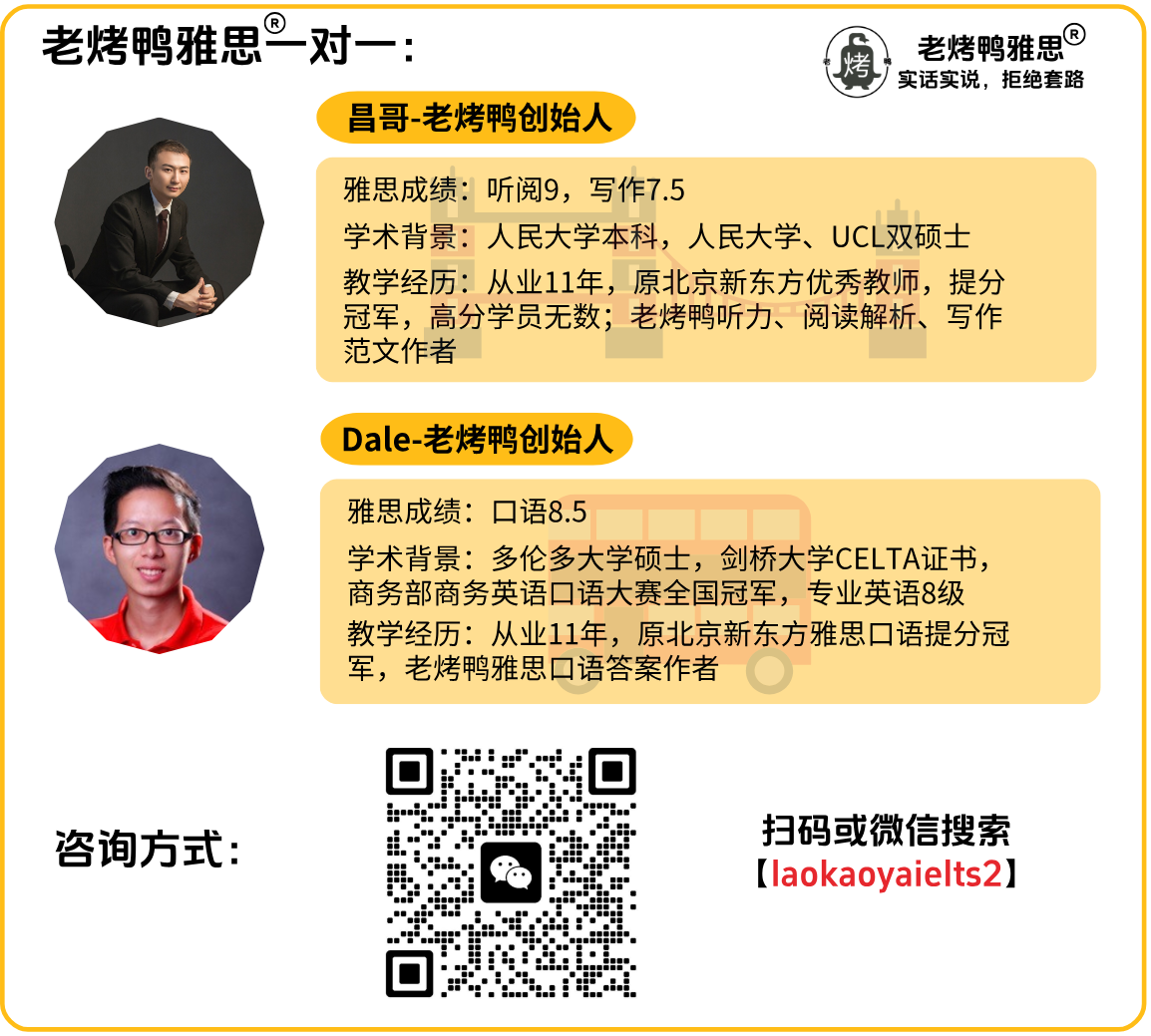剑桥雅思10Test1阅读Passage2原文翻译 European Transport Systems 1990-2010 欧洲交通运输系统
剑桥雅思10阅读第一套题目第二篇文章的主题为欧洲交通运输系统发展的趋势和前景。文章共有9段,大体可以分为三部分,分别介绍了目前交通运输需求的增长,其带来的机会和问题,以及对相应的解决方案的评价。下面是具体每一段的翻译。
点击查看这篇雅思阅读中需要大家掌握的重点词汇以及对应的答案解析:
雅思真题阅读词汇 剑桥雅思10 test 1 passage 2 欧洲交通运输系统
剑桥雅思10Test1阅读Passage2答案解析 European Transport System 1990-2010 欧洲运输系统
剑桥雅思10 Test1 Passage2阅读原文翻译
段落A
It is difficult to conceive of vigorous economic growth without an efficient transport system. Although modern information technologies can reduce the demand for physical transport by facilitating teleworking and teleservices, the requirement for transport continues to increase. There are two key factors behind this trend. For passenger transport, the determining factor is the spectacular growth in car use. The number of cars on European Union (EU) roads saw an increase of three million cars each year from 1990 to 2010, and in the next decade the EU will see a further substantial increase in its fleet.
很难想象蓬勃的经济发展之下没有高效的交通运输系统的支撑。尽管现代信息技术可以通过促进远程办公和远程服务来减少对物理运输的需要,但是对运输的需求仍在不断增加。这种趋势背后有两个关键因素。对于客运而言,决定性因素是汽车使用量的惊人增长。从1990年到2010年,欧盟(EU)道路上的汽车数量每年增加300万辆,并且在接下来的十年中,欧盟的汽车数量将进一步大幅增加。
段落B
As far as goods transport is concerned, growth is due to a large extent to changes in the European economy and its system of production: In the last 20 years, as internal frontiers have been abolished, the EU has moved from a ‘stock’ economy to a ‘flow’ economy. This phenomenon has been emphasised by the relocation of some industries, particularly those which are labour intensive, to reduce production costs, even though the production site is hundreds or even thousands of kilometers away from the final assembly plant or away from users.
就货物运输而言,增长在很大程度上是由于欧洲经济及其生产体系的变化:在过去20年中,由于内部边界文章来自老烤鸭雅思被废除,欧盟从“库存”经济转向“流动”经济。这种现象重点体现在一些产业的搬迁上,特别是那些是劳动密集型产业。为了降低生产成本,其生产场地与最终装配工厂或者消费者相距上百甚至上千公里。
段落C
The strong economic growth expected in countries which are candidates for entry to the EU will also increase transport flows, in particular road haulage traffic. In 1998, some of these countries already exported more than twice their 1990 volumes and imported more than five times their 1990 volumes. And although many candidate countries inherited a transport system which encourages rail, the distribution between modes has tipped sharply in favour of road transport since the 1990s. Between 1990 and 1998, road haulage increased by 19.4%, while during the same period rail haulage decreased by 43.5%, although – and this could benefit the enlarged EU – it is still on average at a much higher level than in existing member states.
有望加入欧盟的国家的强劲经济增长也将增加运输量,特别是公路运输量。1998年,其中一些国家的出口量已经是1990年的两倍以上,进口量也是1990年的五倍以上。尽管许多候选国都继承了鼓励铁路运输的运输系统,但自20世纪90年代以来,各种运输方式之间的分配急剧向公路运输倾斜。自1990年至1998年之间,公路运输量增加了19.4%,而同期铁路运输量则减少了43.5%,尽管-这有利于扩大后的欧盟-平均而言,它的水平仍然比现有成员国要高得多。
段落D
However, a new imperative – sustainable development – offers an opportunity for adapting the EU’s common transport policy. This objective, agreed by the Gothenburg European Council, has to be achieved by integrating environmental considerations into Community policies, and shifting the balance between modes of transport lies at the heart of its strategy. The ambitious objective can only be fully achieved by 2020, but proposed measures are nonetheless a first essential step towards a sustainable transport system which will ideally be in place in 30 years’ time, that is by 2040.
然而,一项新的当务之急-可持续发展-为协调欧盟的共同运输政策提供了机会。这一由哥德堡欧洲理事会同意的目标必须通过将环境因素纳入欧共体政策中来实现,而改变不同运输方式之间的平衡是其战略的核心。这一野心勃勃的目标只有在2020年才能完全实现,但提出的措施是实现可持续交通体系的一项重要步骤。该体系将在30年的时间里到位,即2040年之前。
段落E
In 1998, energy consumption in the transport sector was to blame for 28% of emissions of CO2, the leading greenhouse gas. According to the latest estimates, if nothing is done to reverse the traffic growth trend, CO2 emissions from transport can be expected to increase by around 50% to 1,113 billion tonnes by 2020, compared with the 739 billion tonnes recorded in 1990. Once again, road transport is the main culprit since it alone accounts for 84% of the CO2 emissions attributable to transport. Using alternative fuels and improving energy efficiency is thus both an ecological necessity and a technological challenge.
1998年,运输部门的能源消耗贡献了28%的二氧化碳排放(主要的温室气体)。根据最新估算,如果不采取任何措施扭转交通增长的趋势,到2020年,交通运输产生的二氧化碳排放量将增加约50%,达到11130亿吨,而1990年为7390亿吨。再一次的,公路运输是主要的罪魁祸首,因为仅它自己就占到交通运输整体二氧化碳排放量的84%。因此,使用替代燃料和提高能源效率既是生态上的需要,也是技术上的挑战。
段落F
At the same time greater efforts must be made to achieve a modal shift. Such a change cannot be achieved overnight, all the less so after over half a century of constant deterioration in favour of road. This has reached such a pitch that today rail freight services are facing marginalisation, with just 8% of market share, and with international goods trains struggling along at an average speed of 18km/h. Three possible options have emerged.
同时,必须做出更大的努力以实现模式转变。这样的改变不可能在一夜之间实现,尤其是在经过半个多世纪持续恶化之后(支持道路交通)。现在的差距如此之大,铁路货运业务面临边缘化的危险,其市场份额仅为8%。而国际货物列车正在以平均每小时18公里的速度挣扎。这样,出现了三个可能的选择。
段落G
The first approach would consist of focusing on road transport solely through pricing. This option would not be accompanied by complementary measures in the other modes of transport. In the short term it might curb the growth in road transport through the better loading ratio of goods vehicles and occupancy rates of passenger vehicles expected as a result of the increase in the price of transport. However, the lack of measures available to revitalise other modes of transport would make it impossible for more sustainable modes of transport to take up the baton.
第一种方法为仅通过定价关注公路运输。这一方法不会伴随对其他交通方式的补充措施。在短期内,由于运输价格的上涨,货车的运输量和乘用车的占用率都会提高,从而有望抑制公路运输的增长。但是,由于缺乏振兴其他运输方式的措施,更为可持续的运输方式将无以为继。
段落H
The second approach also concentrates on road transport pricing but is accompanied by measures to increase the efficiency of the other modes (better quality of services, logistics, technology). However, this approach does not include investment in new infrastructure, nor does it guarantee better regional cohesion. It could help to achieve greater uncoupling than the first approach, but road transport would keep the lion’s share of the market and continue to concentrate on saturated arteries, despite being the most polluting of the modes. It is therefore not enough to guarantee the necessary shift of the balance.
第二种方法也集中于公路运输的定价,但同时还采取措施来提高其他模式的效率(更好的服务质量,物流,技术等)。但是,这种方法不包括对新的基础设施的投资,也不能保证更好的区域凝聚力。与第一种方法相比,它可以帮助实现更大的分离。但道路运输作为污染最严重的交通方式,将保持最大的市场份额,并继续专注主要路线。因此,它并不足以实现平衡的转变。
段落I
The third approach, which is not new, comprises a series of measures ranging from pricing to revitalising alternative modes of transport and targeting investment in the trans-European network. This integrated approach would allow the market shares of the other modes to return to their 1998 levels and thus make a shift of balance. It is far more ambitious than it looks, bearing in mind the historical imbalance in favour of roads for the last fifty years, but would achieve a marked break in the link between road transport growth and economic growth, without placing restrictions on the mobility of people and goods.
第三种方法并不是什么新方法。它包括一系列措施,从定价到振兴替代交通方式,再到针对跨欧洲网络的投资。这种综合方法将使其他运输方式的市场份额恢复到1998年的水平,从而实现平衡的转移。考虑到过去50年偏爱道路交通的历史,这比听起来更加野心勃勃。但它将实现道路交通增长与经济增长之间联系的分割,而不对人员和物资的流动施加限制。
剑桥雅思10Test1阅读Passage1原文翻译 stepwells 印度阶梯井
剑桥雅思10Test1阅读Passage3原文翻译 The psychology of innovation 创新的心理




